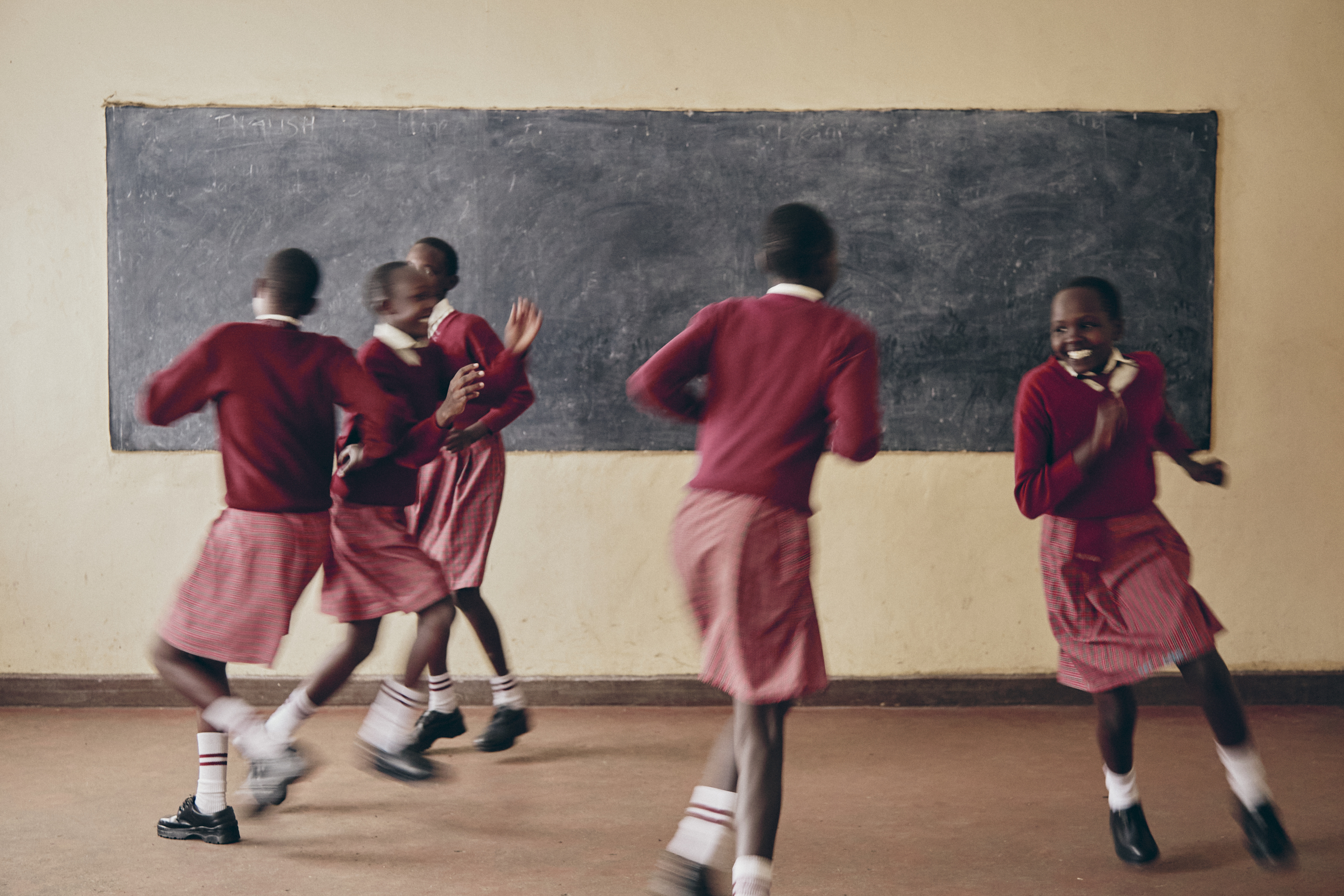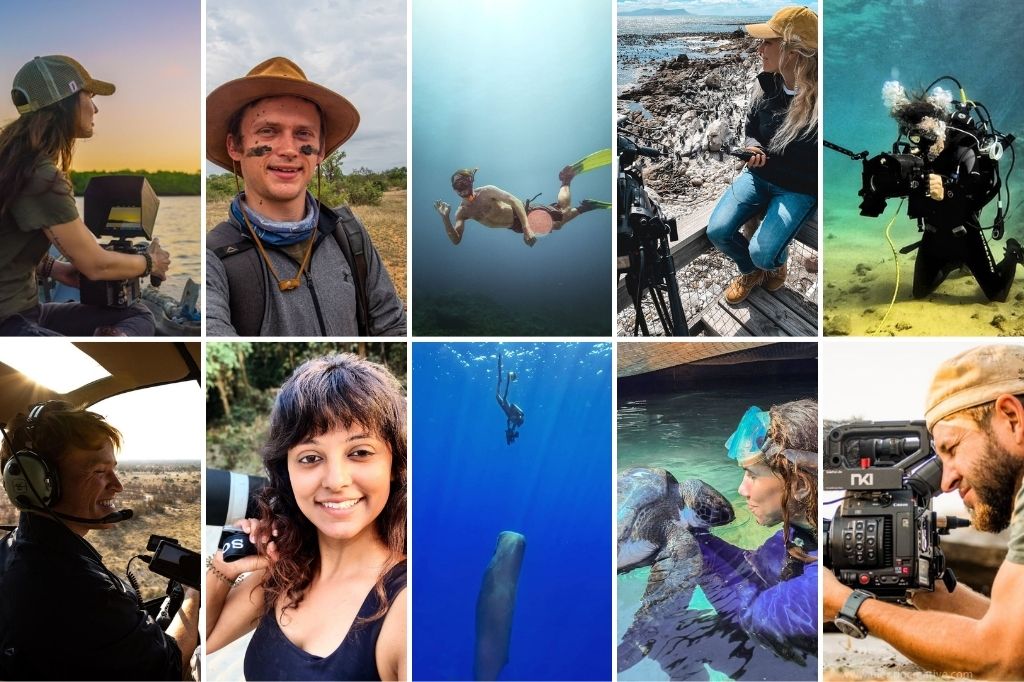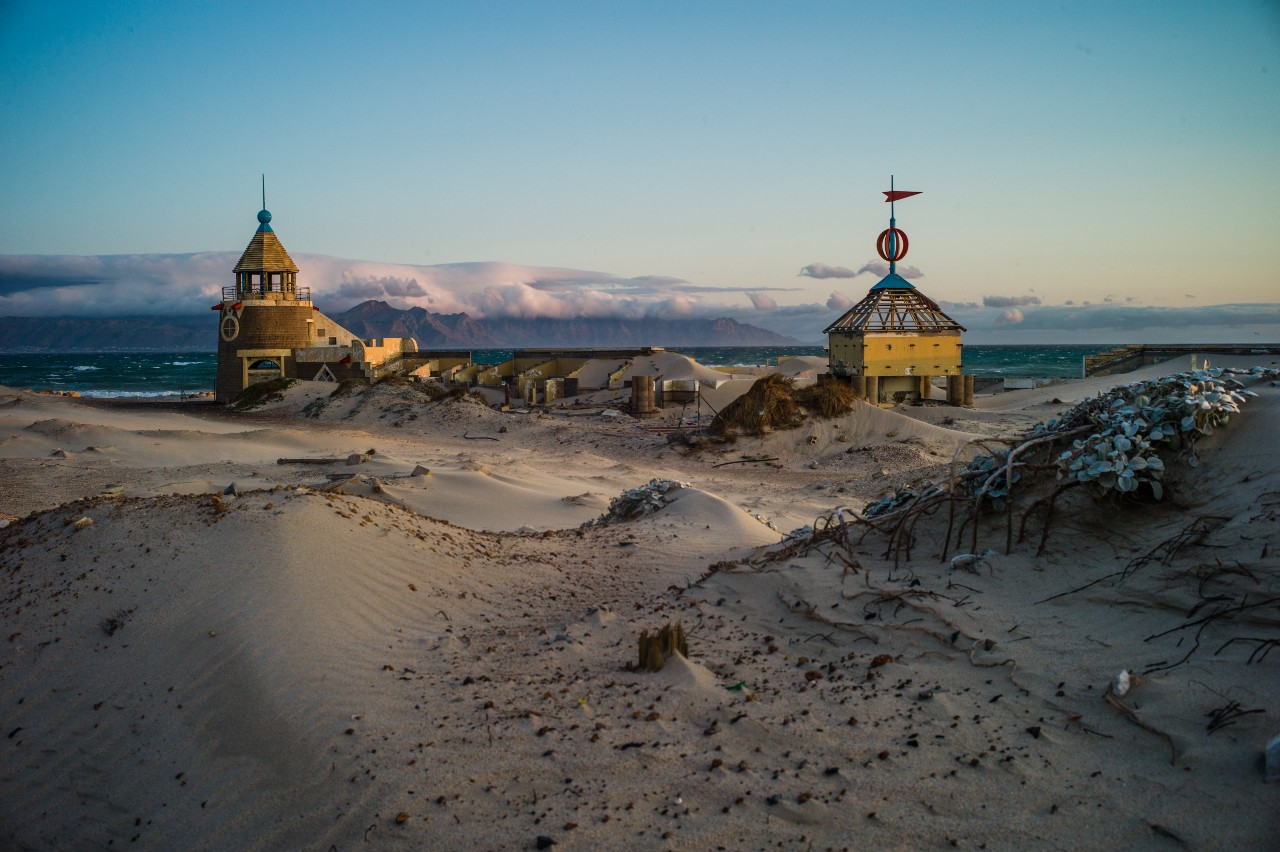Historically the film and cinematography industry has been dominated by men. The lack of diversity in the film industry is quite plain to see; sometimes, it’s as easy as stepping onto most film sets to get a perfect view of what the industry looks like.
The State of the Industry
Hollywood is more than 100 years old; however, only seven women have been nominated for best director at the Oscars. Lina Wertmüller was the first female director to receive a nomination for her 1975 film, Seven Beauties. Kathryn Bigelow was the first female to win the Oscar for her film The Hurt Locker in 2010. In 2018, some of the world’s most famous filmmakers took to the Cannes Red Carpet to protest gender inequality within the film industry.

While the film industry continues to make significant strides to reduce gender disparity, it still has a long way to go before the playing field is perfectly level.
Women In Film
Dr Martha Lauzen, the founder and executive director of the Center for the Study of Women in Television and Film, says that the lack of female representation behind the scenes is an important employment issue that has significant implications for the composition and nature of our cultural representations. “For decades, women have been mostly excluded from storytelling in film and television, and, as a result, female characters have been featured in limited numbers and roles on screen.”
She further states, “Women make up half of the world; they should tell half of our stories. Women are not a niche. In order to explore and reveal the richness of our human experience, we need the greatest variety of storytellers possible…Storytelling is cultural power.”
In 2020 the Center for the Study of Women in Television and Film found that women directed only 16% of the top 100 highest-grossing films. And in 2021, of the top 100 highest-grossing films of that year, only 14 were helmed by women.
To help shine a light on female filmmakers, IMDB has added an F-Rating to its rating system. F-Ratings are awarded to films directed by women, written by women, or both. A movie with a Triple F-Rating means that the film has been written and directed by women and also features many women on-screen.
We would thus like to take this moment to spotlight some incredible female filmmakers and the work they’ve created.
Jenna Cato Bass
Jenna Cato Bass is a talented South African filmmaker whose work has graced the stages of international film festivals. She made her directorial debut in the film Love the One You Love, which won Best Feature Film at the Jozi Festival in 2015. Since then, she has directed three more feature films, High Fantasy, Flatland, and Mlungu Wam (Good Madam), all of which premiered at the Toronto International Film Festival (TIFF).

Bass often tackles subject matters surrounding South African youth, their present, past, and future, and does so across multiple genres. Her latest film Mlungu Wam (Good Madam), is a psychological thriller that looks at the relationship between a domestic worker and her ‘madam’ in the suburbs of Cape Town. Bass also lends her talent to writing, where she co-wrote the Tanzianina film Tug of War (Vuta N’Kuvute) and the Kenyan film Rafiki. Each film earned its country its first premiere at TIFF. Rafiki also earned Kenya’s first premiere at the Cannes Film Festival.
Wanuri Kahiu
Speaking of Rafiki, Wanuri Kahiu is the filmmaker behind the award-winning Kenyan film. It’s the first Kenyan film to premiere at the Cannes Film Festival. Once the credits rolled, the film received a deafening standing ovation. The film tells the story of a lesbian romance in Kenya, a country where same-sex relationships are criminalised. The film was banned in Kenya but celebrated the world over. It marks Kahiu’s sixth feature film.

Her first film, From A Whisper, is based on the bombings of US Embassies in Nairobi and Dar es Salaam. The film won several awards, including the Africa Movie Academy Awards for Best Director and Best Picture. Her short film Pumzi won the Best Short at Cannes Independent Film Festival. Her upcoming projects include two Netflix films, Look Both Ways, starring Lili Reinhart, and The Thing About Jellyfish, starring Millie Bobby Brown.
Catherine Cooke
Catherine Cooke is the brilliant SAFTA Award-winning filmmaker behind two of South Africa’s most seat-gripping series, The Girl From St. Agnes and Reyka. Showmax’s first original drama, The Girl From St. Agnes, is a show that can be considered a Triple F-Rated show. The nail-biting murder mystery follows the students and staff at an all-girls high school in Kwa-Zulu Natal.

Premiering at the Monte Carlo Television Festival, Reyka is a stellar crime drama starring Kim Engelbrecht and Ian Glen. The show follows a criminal profiler as she investigates the work of a serial killer in Kwa-Zulu Natal. Engelbrecht’s performance has been lauded as career-defining, as her character battles with the emotional turmoil of overcoming her inner demons.
Other work from the filmmaker includes iNumber Number and The River, for which Cooke won the Best Achievement in Directing.
Nosipho Dumisa
Nosipho Dumisa is the filmmaker powerhouse behind two of the biggest productions to come out of South Africa, namely Nommer 37 and Blood and Water. Not only is Nommer 37 Dumisa’s directorial debut, but Gambit Films, her production company, was responsible for the show’s development. The film premiered at SXSW, making it the first entirely South African-made film to premiere at the festival. The film garnered Dumisa the Cheval Noir jury prize for Best Director at Montreal’s Fantasia International Film Festival.

Following the success of Nommer 37, Dumisa and Gambit Films developed the global hit Blood and Water. Picked up by Netflix, the series steadily climbed the charts of Netflix’s most-watched list. The show went on to win multiple SAFTAs for directing, screenwriting, cinematography, and more. Together with Gambit Films, Dumisa also produces local television hit Suidooster.









